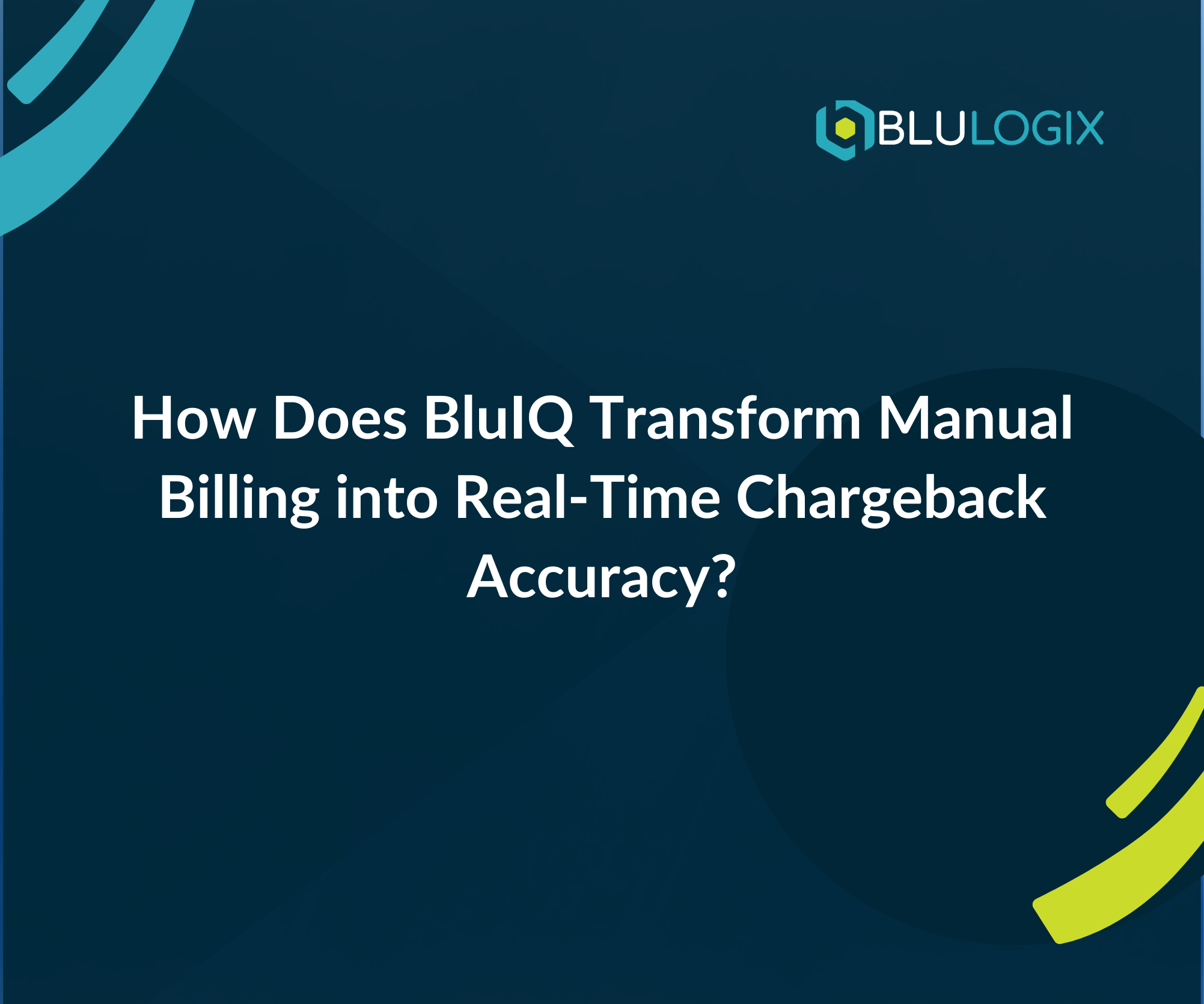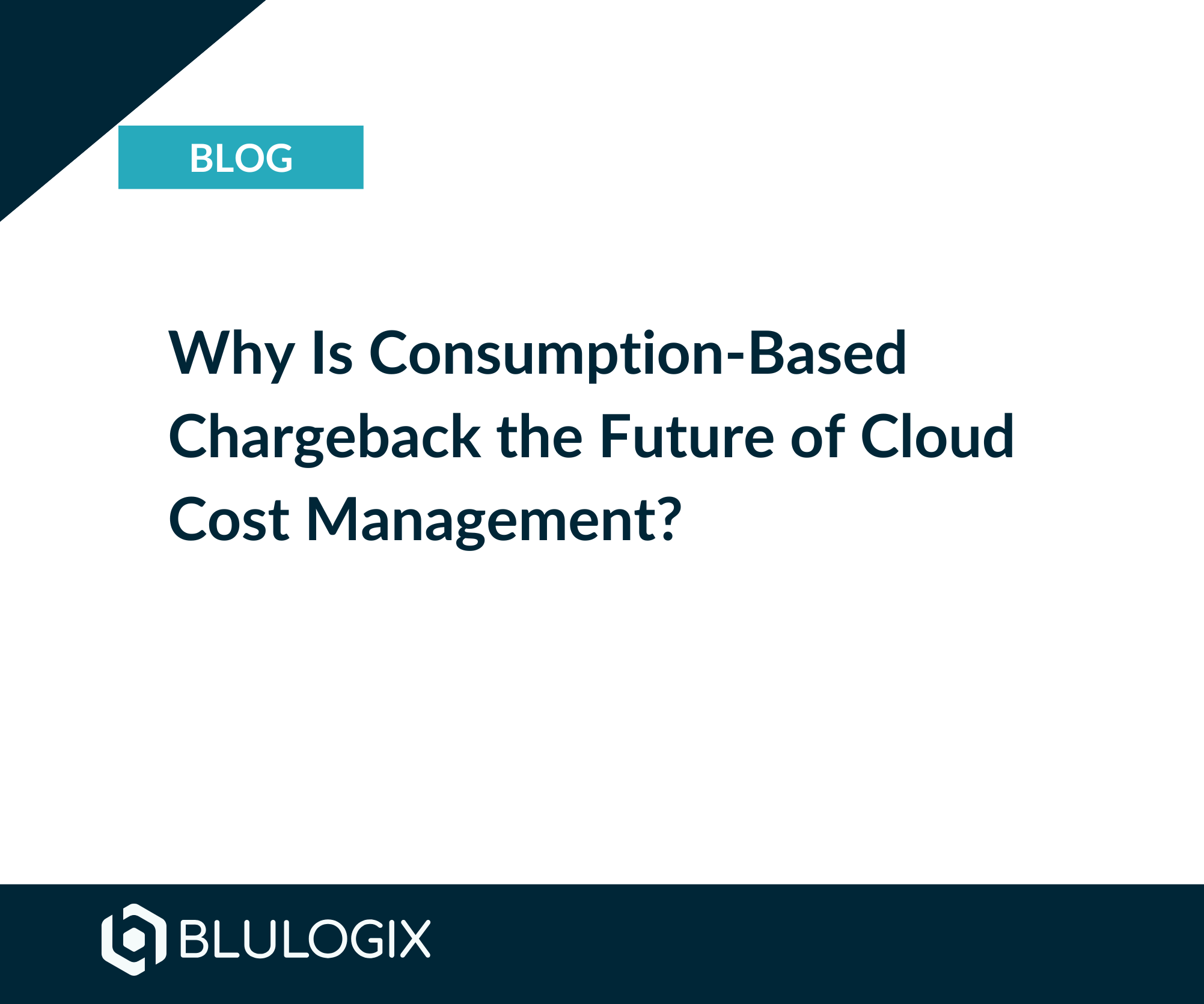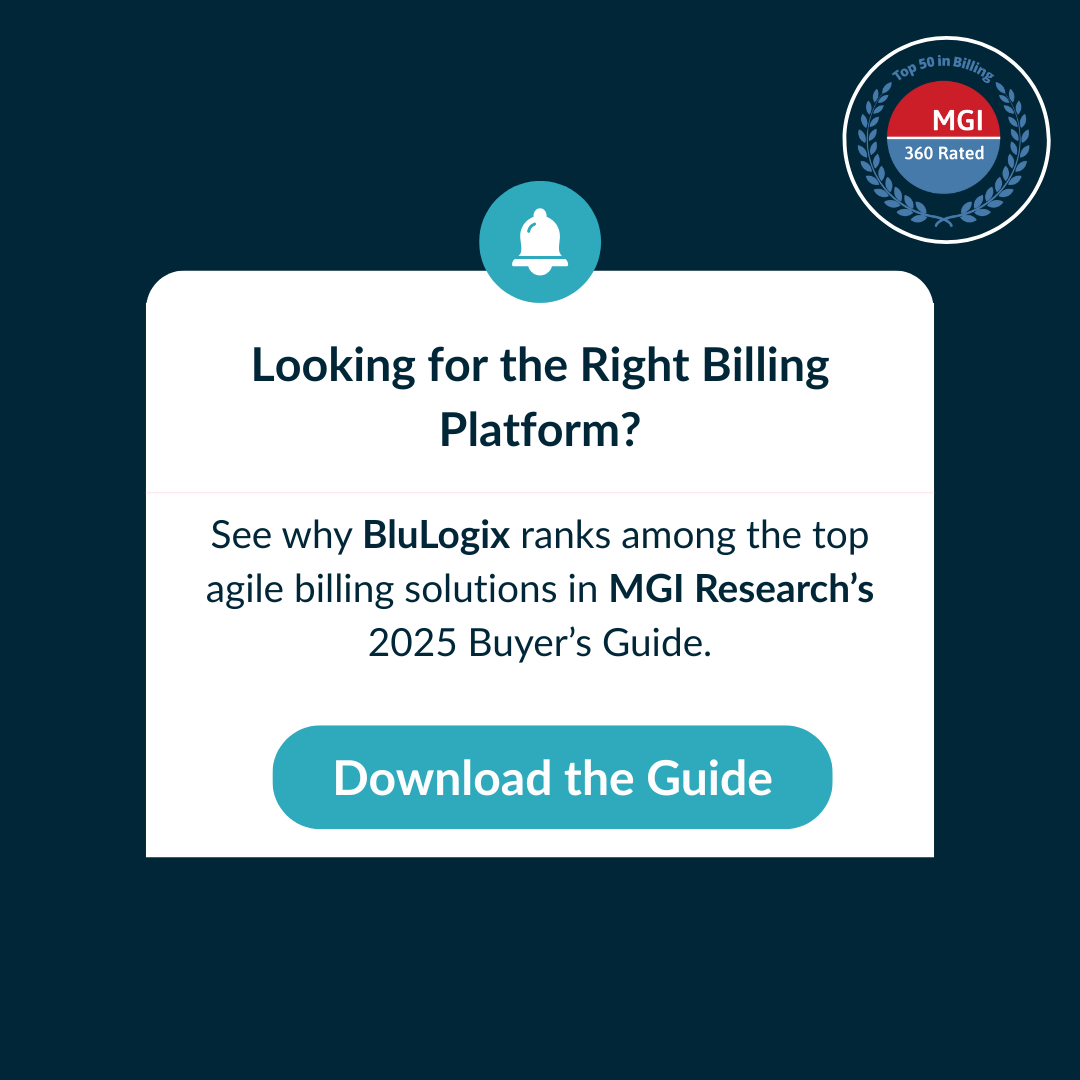Navigating the Waves of Change: How Digital Transformation Impacts Monetization
Digital Transformation: A Catalyst for Monetization Innovation
In the ever-evolving business landscape, digital transformation has emerged as a powerful force, reshaping industries and redefining the paradigms of success. This seismic shift has not only altered how businesses operate but has also significantly impacted their monetization strategies. As we delve deeper into the essence of agile monetization, it becomes imperative to understand how digital transformation catalyzes innovation in monetization, compelling businesses to adopt agile platforms for sustained growth and competitiveness.
Creating a Monetization Framework For Your Business
Redefining Value Creation and Delivery
Digital transformation transcends the adoption of new technologies; it involves a fundamental rethinking of how value is created and delivered to customers. In this digital era, customers demand more than just products; they seek comprehensive experiences that offer convenience, personalization, and flexibility. This shift necessitates businesses to reimagine their monetization strategies, moving beyond traditional one-time sales to models that emphasize recurring revenue and subscription-based services.
The Shift Towards Subscription and Recurring Revenue Models
One of the most significant impacts of digital transformation on monetization is the widespread adoption of subscription and recurring revenue models. These models align perfectly with the digital economy’s ethos, providing customers with ongoing value while ensuring steady revenue streams for businesses. Digital platforms facilitate this shift by enabling dynamic pricing, seamless billing, and enhanced customer engagement, ensuring that businesses can efficiently manage and scale their subscription services.
Enhancing Agility with End-to-End Automation
The pace of change in the digital economy demands unprecedented levels of agility and flexibility from businesses. Agile monetization platforms, powered by end-to-end automation, empower businesses to rapidly adapt their pricing and billing strategies in response to market dynamics. Automation streamlines the entire monetization process, from quote to cash, reducing manual errors, lowering operational costs, and improving customer satisfaction.
Integration and Data: The Backbone of Digital Monetization
Digital transformation has underscored the importance of seamless integration and comprehensive data analysis in crafting effective monetization strategies. Agile monetization platforms integrate effortlessly with existing business systems, ensuring cohesive data flow across departments. This integration, coupled with advanced data mediation and rating capabilities, enables businesses to derive actionable insights, optimize their offerings, and personalize customer experiences, driving revenue growth and competitive differentiation.
The impact of digital transformation on monetization is profound and multifaceted. It challenges businesses to evolve their strategies, leveraging agile monetization platforms to thrive in the digital economy. By embracing these platforms, companies can achieve the agility, efficiency, and customer-centricity required to navigate the complexities of modern monetization.
As we continue our exploration of agile monetization, our next post will focus on the rise of subscription models and their pivotal role in the digital economy’s monetization landscape. Join us as we uncover the strategies that businesses can employ to harness the full potential of subscription-based revenue models in the age of digital transformation.
Creating a Monetization Framework For Your Business
Learn more

How Does BluIQ Transform Manual Billing into Real-Time Chargeback Accuracy?

Why Is Consumption-Based Chargeback the Future of Cloud Cost Management?



